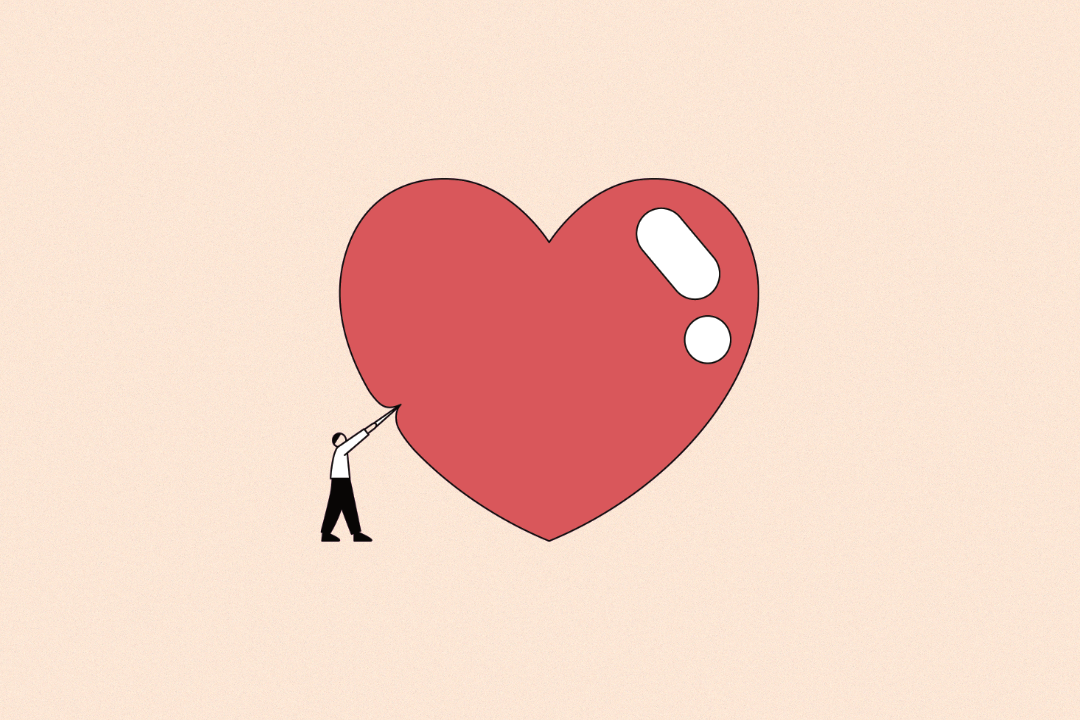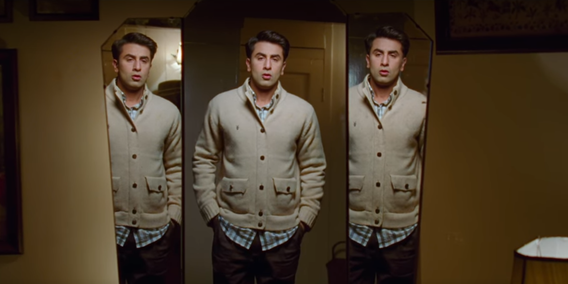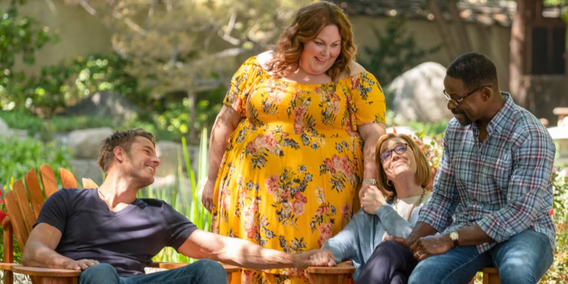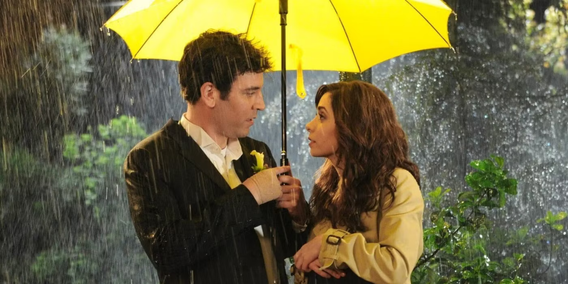Your First Relationship Isn’t Your Last | Examining The Pressure To Stay In A Relationship
Think about your first relationship, the very first time you fell in love. How did it feel?
For many of us, our first relationship may have started back in the fresh, first days of college (or maybe even during adolescence). The stolen glances, the secret hand-holding, maybe meeting each other during the lunch break, sometimes saving a seat for your partner, the butterflies, the joy over tiny (but thoughtful) acts, these are just some of the common memories that people may have. For many, being in love for the first time is usually associated with feelings of excitement, pleasure, elation and many such appealing emotions.
Now let’s be real. Life is not a Bollywood movie, with jazzy over-the-top outfits and background dancers scattering rose petals over us and our happy endings. In reality, the way this first relationship progresses is actually very different for different people. For some couples, it ends with marriage (or the equivalent of a long-term committed relationship), some may have parted ways, while others might have different first loves and first relationships. You’d think that’s it, and we’re done listing every kind of first relationship there is. But nope, we’ve got more - there is a fourth category - one where people stay in that first relationship even if they are not really comfortable (or happy) in it.
So why do we choose to be in a relationship which is clearly not benefitting either of us? Is it because of society? Is it because of what your family might say? Or is it because of our very own selves?
Today, the pressure that society puts on relationships - where a happy couple is involved in every aspect of each other’s life - is not as easy to manage as it sounds. When we talk about families in the Indian context, this pressure just gets 10x worse. Their first cause of concern might be their child’s much-hyped virginity rather than their happiness. Personally, I’ve seen families subtly (or sometimes even directly) force their children to get out of relationships, or worse, not acknowledge the existence of the relationship at all. There’ll always be exceptions to the rule, but those are few and far between. Merely supporting (or even acknowledging) a relationship does not reduce the perceived pressure on the couple when they think about their families and society.
But wait. What about the pressure we put on ourselves? Is there a tiny part of us that is scared of the repercussions the breakup will have on ourselves? Being in a relationship, especially one where we experienced love for the first time, provides us with a sense of comfort. It takes away the pressure of having to go out and meet new people and interact with them and having to build that level of trust from scratch over and over again. Of course, there are biological factors such as oxytocin and dopamine at play here that make us experience that sense of joy and comfort which further motivates us to be in the relationship because it feels rewarding.
But what happens when we fall out of love? When the challenges of the relationship are so many that the love is almost lost? When the bad times overpower the good times? Why then, do we still choose to be in the relationship?
It is important to look at the feelings that are attached with being in love for the first time. We’ve never experienced these feelings before, and even if the relationship is currently in shambles, we may keep going back to the time when it had just started, only because it’s a security blanket. That could lead to multiple questions: Will we ever experience something similar in the future? Would we ever find someone who can make us feel like our partner did? It is the fear that comes along with this thought that may keep us in this relationship.
Ever since we were little kids, we’ve heard that humans are social beings, beings who crave the comfort of other people, whether it is one person or a hundred people providing it. Therefore, being in a relationship provides us with regular social interaction and comfort, which may urge one to choose to continue on with a flailing relationship. In so many ways, it becomes a habit that’s difficult to break.
But it’s important to remember that some habits need to be broken if they’ve been causing more harm than good. Love can be a lot of things for a lot of people, but it should not have insurmountable amounts of pressure, be it from the external world or the internal world of the individual.
It’s good to have a strong social support system, even if it's a small circle of people. You can always talk to them and ask for help if you are facing difficulty getting out of the relationship. It’s crucial to understand that your happiness is your responsibility and not dependent on someone (or something) else. It may seem intimidating to start over with a new person (and there is no guarantee how many times we will have to start over) but in the long run, it may be more beneficial to us.
All you need to do is take that leap of faith.
If this theme hit home…
Ending a relationship — or even questioning it — can shake up your entire inner world. If you're navigating grief, closure, or the quiet confusion of "What now?", you might find comfort in our conversation game What Happens After Goodbye? It helps you unpack endings gently, one prompt at a time.








